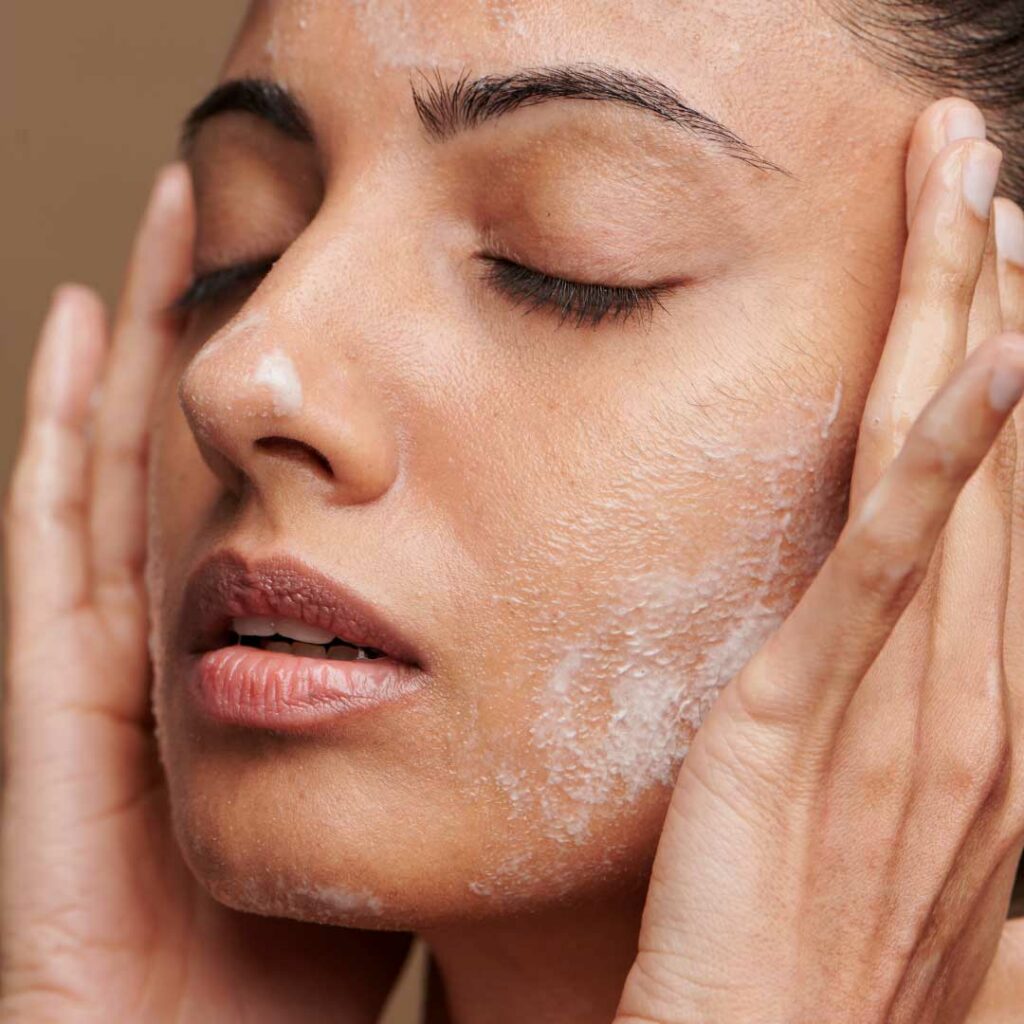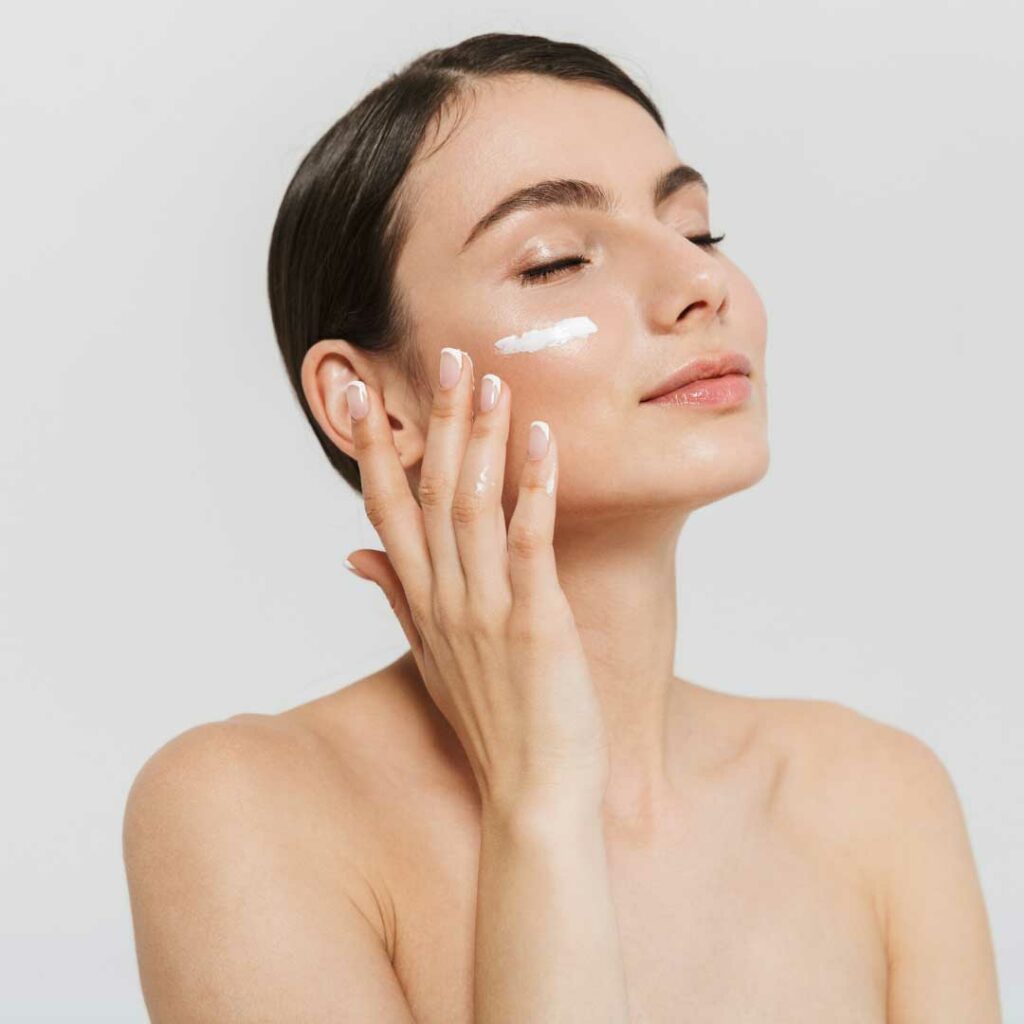Retinol: The Perfect Anti-Aging Ingredient - Exploring Types and Benefits

In the world of skincare, one ingredient stands out as the gold standard in anti-aging: retinol. Loved by dermatologists and beauty enthusiasts alike, retinol has earned its reputation for delivering remarkable results in reducing wrinkles, enhancing skin texture, and promoting a youthful complexion. In this blog post, we will delve into the different types of retinol and explore the wide-ranging benefits this ingredient offers.
1. Understanding Retinol
a) Over-the-counter retinol: Available in various concentrations, over-the-counter retinol products provide a gentle introduction to this potent ingredient. These formulations typically contain lower concentrations of retinol, allowing the skin to build tolerance gradually. It is a great starting point for individuals new to retinol or those with sensitive skin.
b) Prescription retinoids: These retinoids, including tretinoin (Retin-A) and adapalene (Differin), require a prescription from a dermatologist. Prescription retinoids contain higher concentrations of retinol and offer more potent anti-aging benefits. They are particularly effective for treating severe acne, reducing deep wrinkles, and reversing sun damage.
c) Retinol derivatives: Certain retinol derivatives, such as retinyl palmitate, retinyl acetate, and retinyl linoleate, are milder forms of retinol. They undergo conversion within the skin to retinoic acid, the active form of vitamin A. Retinol derivatives are often found in skincare products that target sensitive skin types or those unable to tolerate traditional retinol.

2. Benefits of Retinol
a) Smoother, younger-looking skin: Retinol works by boosting collagen production, which improves skin elasticity and firmness. This leads to a reduction in the appearance of fine lines and wrinkles, resulting in a smoother, more youthful complexion.
b) Improved skin texture: By encouraging cellular turnover, retinol helps shed dead skin cells and promotes the growth of new, healthy cells. This process reveals fresher, brighter skin and can effectively address issues like rough texture, dullness, and uneven skin tone.
c) Reduction of hyperpigmentation: Retinol’s ability to regulate melanin production can help fade dark spots, sunspots, and age spots over time. This makes it a valuable ingredient for individuals looking to achieve a more even skin tone and reduce the appearance of pigmentation irregularities.
d) Acne treatment: Retinol’s exfoliating properties and ability to unclog pores make it a valuable tool in managing acne. It helps to prevent the formation of comedones (clogged pores) and promotes the shedding of dead skin cells, reducing the risk of breakouts.
e) Prevention of photoaging: Sun exposure is a major contributor to premature aging. Retinol aids in reversing sun damage by repairing DNA, improving skin barrier function, and neutralizing free radicals. It can mitigate the effects of photoaging, such as fine lines, sunspots, and a leathery texture.
Retinol truly deserves its title as the perfect anti-aging ingredient. With its impressive range of benefits, including the reduction of wrinkles, improvement of skin texture, and the ability to address various skin concerns, retinol remains a staple in skincare routines worldwide. Whether opting for over-the-counter products or seeking prescription-grade retinoids, incorporating retinol into your skincare regimen can pave the way for a radiant, youthful complexion for years to come. Remember to start gradually and consult with a dermatologist for personalized advice on the best retinol regimen for your skin.
Ready to Transform Your Skin? Experience the Ultimate Escape at our Day Spa. Book Your Appointment Now and Reveal Your Radiant Beauty!
